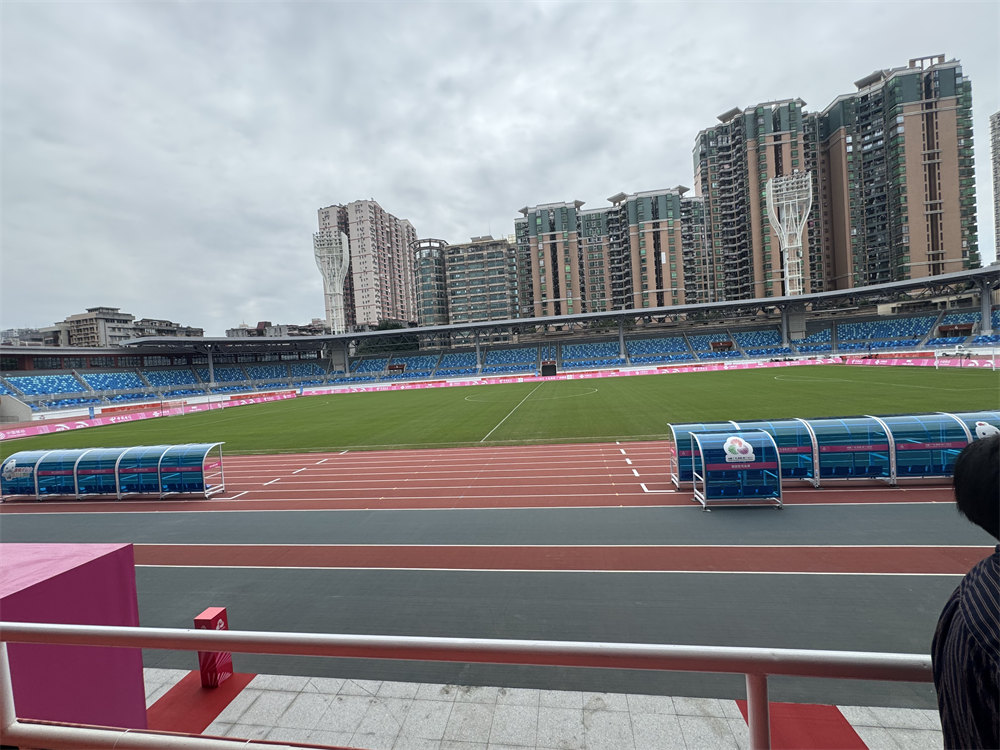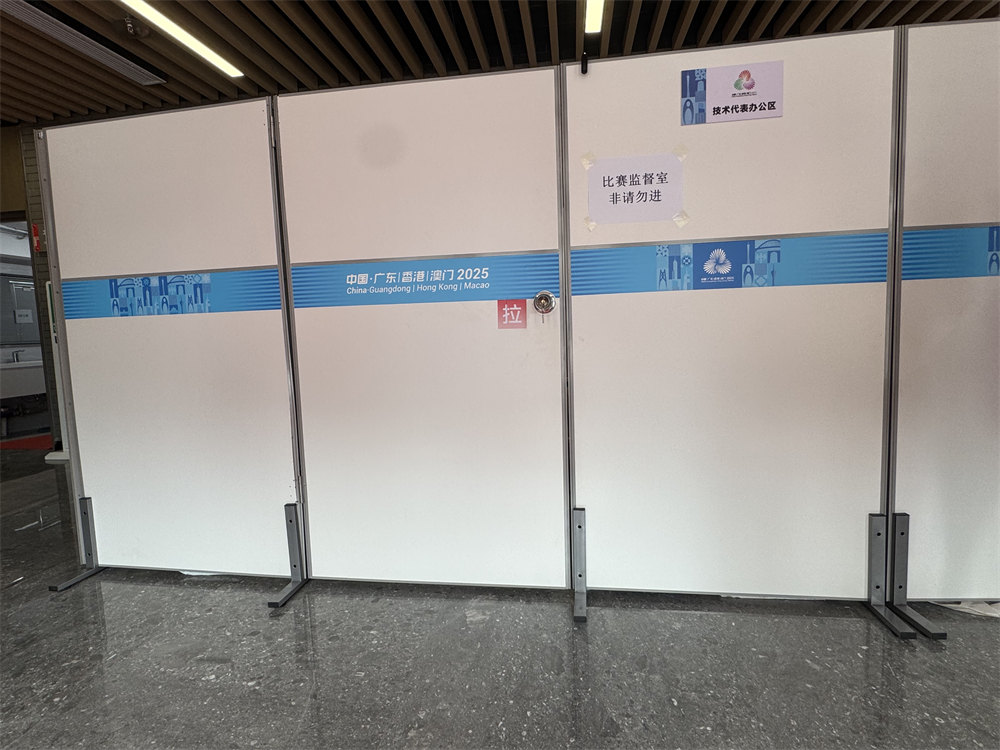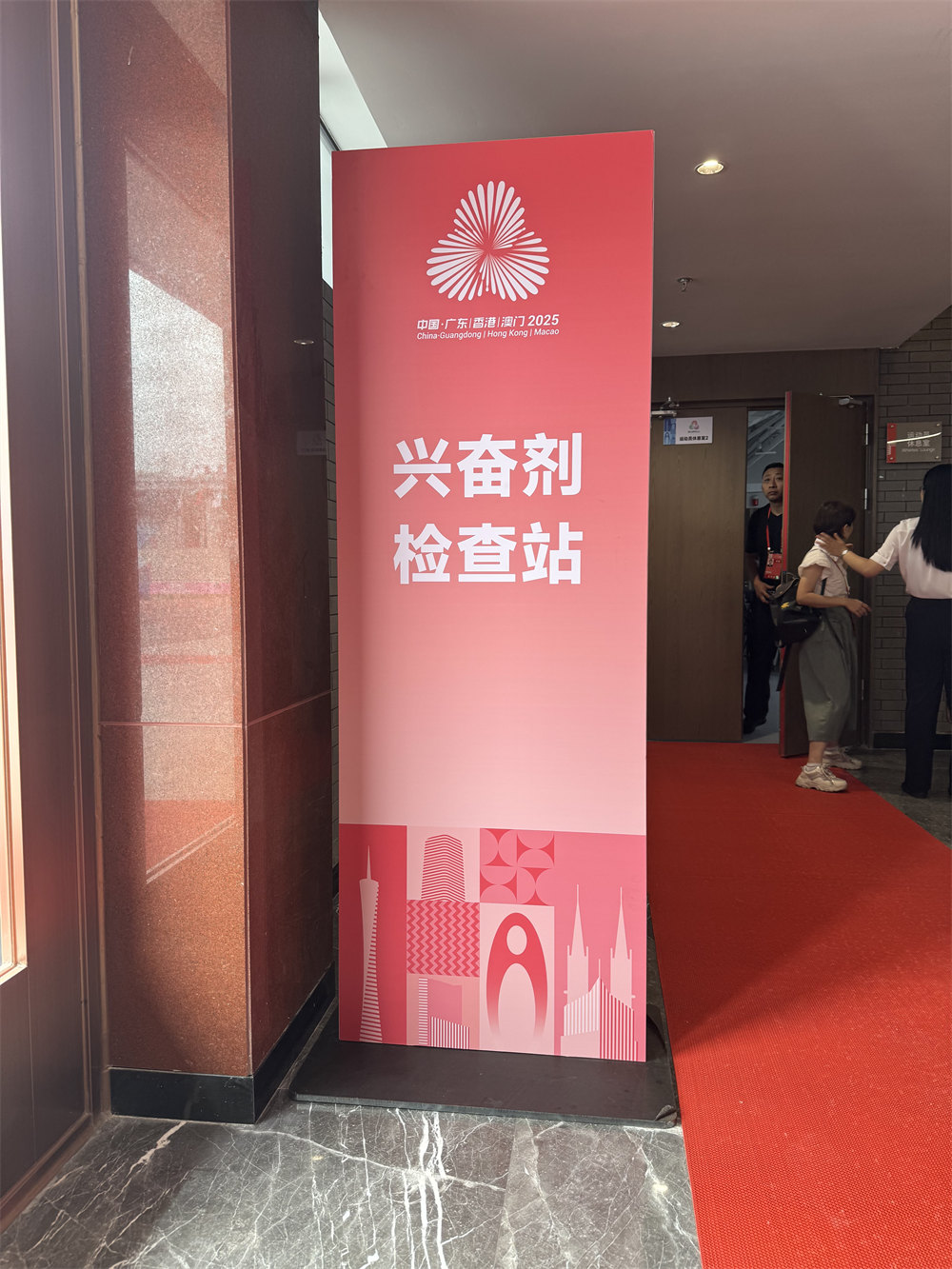



Temporary facilities for sporting events refer to facilities that are temporarily constructed during sporting events, mainly to meet the various needs of the events, including security tents, signage, fences, competition venues, training venues, spectator stands, media work areas, etc. These facilities are usually dismantled after the event to facilitate the reuse of resources and the restoration of the environment.
Types and uses of temporary facilities
Competition venues and training grounds: These facilities include temporary football fields, basketball courts, tennis courts, etc., used for athletes' training and competitions.
Spectator stands and seating areas: Temporary stands and seating areas are essential for accommodating large numbers of spectators.
Media work areas: Areas provided for media journalists to conduct interviews, editing, and live broadcasts.
Restrooms and changing rooms: Temporary restrooms and changing rooms are provided for participants and staff.
Safety facilities: These include temporary fences, surveillance equipment, emergency exits, etc., to ensure the safe conduct of the event.

KENTEN is the temporary facility service provider for the 15th National Games!


Construction and Maintenance of Temporary Facilities
Construction Process: The construction of temporary facilities typically involves multiple stages, including design, material procurement, on-site construction, and installation and commissioning. Ensuring efficiency and safety at every stage is critical.
Maintenance and Management: During the event, temporary facilities require regular inspections and maintenance to ensure their proper operation and safe use. After the event, these facilities must be promptly dismantled and cleared to restore the venue to its original condition.
The Importance of Temporary Facilities for Sports Events
Flexibility and reusability: Temporary facilities can be dismantled when no longer needed, saving space and resources, making them suitable for large-scale events and competitions.
Cost-effectiveness: Compared to permanent facilities, temporary facilities have lower construction and maintenance costs, making them suitable for event organizers with limited budgets.
Environmental friendliness: Temporary facilities typically use eco-friendly materials and can be recycled and reused after the event, minimizing environmental impact.